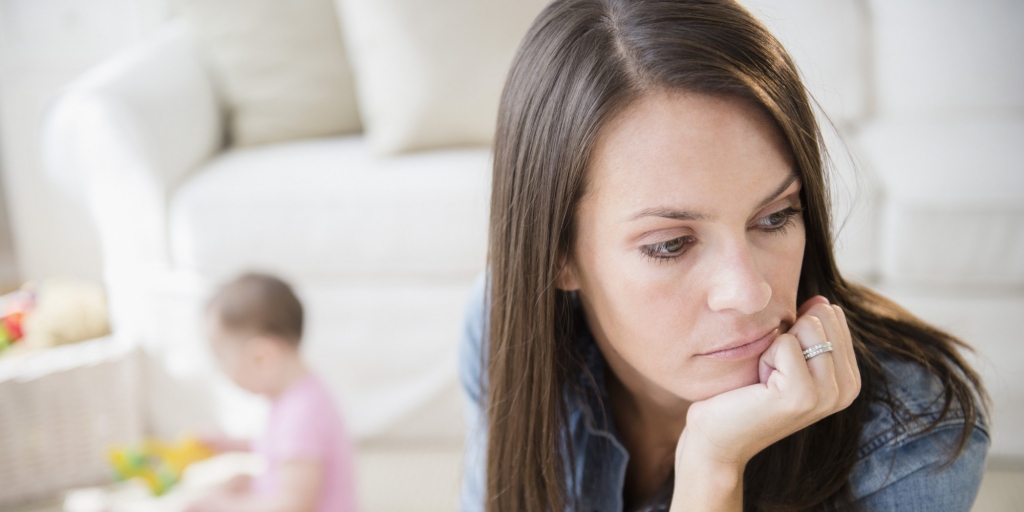-
Tips for becoming a good boxer - November 6, 2020
-
7 expert tips for making your hens night a memorable one - November 6, 2020
-
5 reasons to host your Christmas party on a cruise boat - November 6, 2020
-
What to do when you’re charged with a crime - November 6, 2020
-
Should you get one or multiple dogs? Here’s all you need to know - November 3, 2020
-
A Guide: How to Build Your Very Own Magic Mirror - February 14, 2019
-
Our Top Inspirational Baseball Stars - November 24, 2018
-
Five Tech Tools That Will Help You Turn Your Blog into a Business - November 24, 2018
-
How to Indulge on Vacation without Expanding Your Waist - November 9, 2018
-
5 Strategies for Businesses to Appeal to Today’s Increasingly Mobile-Crazed Customers - November 9, 2018
Child can negatively Affect Parents’ Happiness
Around 30 percent of respondents remained as happy or happier once their newborn arrived in the world while the rest of the 70 percent’s happiness dropped within a year or two after delivering.
Advertisement
The goal of the study was to look at a contradiction people in developed countries seem to be facing – many of them say that they want to have two (2) children, yet the average in Germany is 1.5 children for every person. According to a report from CBS, a new study has shown that newborns are the source of more emotional distress than unemployment, divorce, or losing a partner. To compare that to actual sad life events: Unemployment and the death of a partner usually lead to a one-unit drop in happiness, and divorce only causes a 0.6-unit drop.
The findings of the study were meant to demythisize the blissful, entirely happy image of parenthood and to point out that it might affect people in a very different manner, as the differences in happiness levels reported by the study participants varied from 0 to 3 or more points.
The study also suggests couples who perceive a drop in happiness after becoming new parents, could be less likely to have a second child.
“Parent’s experience with and after the first birth help predict how large the family will be eventually”.
“Politicians concerned about low birthrates should pay attention to the well-being of new parents around and after the birth of their first child,” the researchers added in the paper.
“The investigation deals with a taboo subject”, the Institute said in a press release, because parents experiencing considerable loss of happiness after the birth of a first child is rarely discussed as an existing issue. Mothers reported that physical pain and nausea conflicted with their desire to work. The reason behind the survey was rooted in the longstanding acclaimed fact that people often want two children, but inevitably end up with just one. In addition, parents were asked about other life factors, including childbirth, relationships and employment. But on a 1 to 10 scale, 37% of parents had a one-unit drop in “happiness units”, while 19% had a two-unit drop and 17% had a three-unit drop.
Parents aged 30 and older and those who stayed in education for at least 12 years were most likely to be influenced by their levels of happiness when it came to deciding whether to have more children, according to the results.
On average, new parenthood led to a 1.4 unit drop in happiness. “The birth of a child or the death of a spouse?”
Advertisement
The idea that babies are bundles of joy is being challenged by a study that shows new parents are often so unhappy within the first year of birth that they don’t have any others.





























